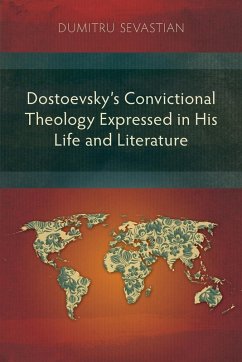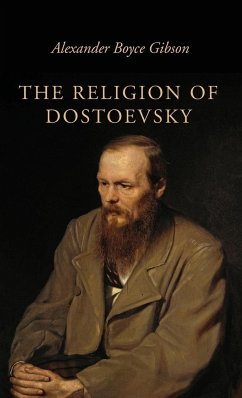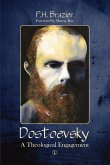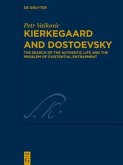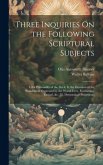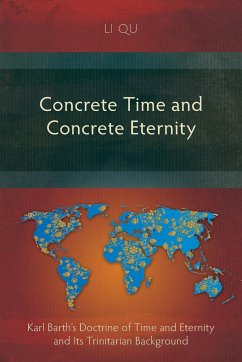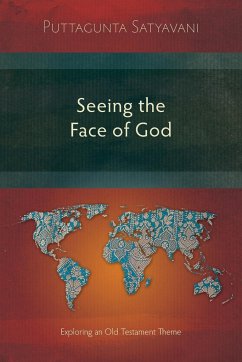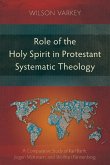Fyodor Dostoevsky was not a theologian, and his books are not books of theology. However, there is a "living way" that emerges from the study of his life and work, convictions made manifest in the details of his own life and the lives of his characters. Utilizing James William McClendon's conception of biography as theology, Dr. Dumitru Sevastian explores the lived convictions that emerge from three distinct periods in Dostoevsky's life, the pre-Siberian, Siberian, and post-Siberian, each represented by one of his novels, The Poor Folk, The House of the Dead, and The Brothers Karamazov. What emerges is a powerful expression of faith formed in community and tempered in suffering, an example relevant to all Christians seeking to model their lives and relationships on the dying and resurrected Christ.
Hinweis: Dieser Artikel kann nur an eine deutsche Lieferadresse ausgeliefert werden.
Hinweis: Dieser Artikel kann nur an eine deutsche Lieferadresse ausgeliefert werden.

